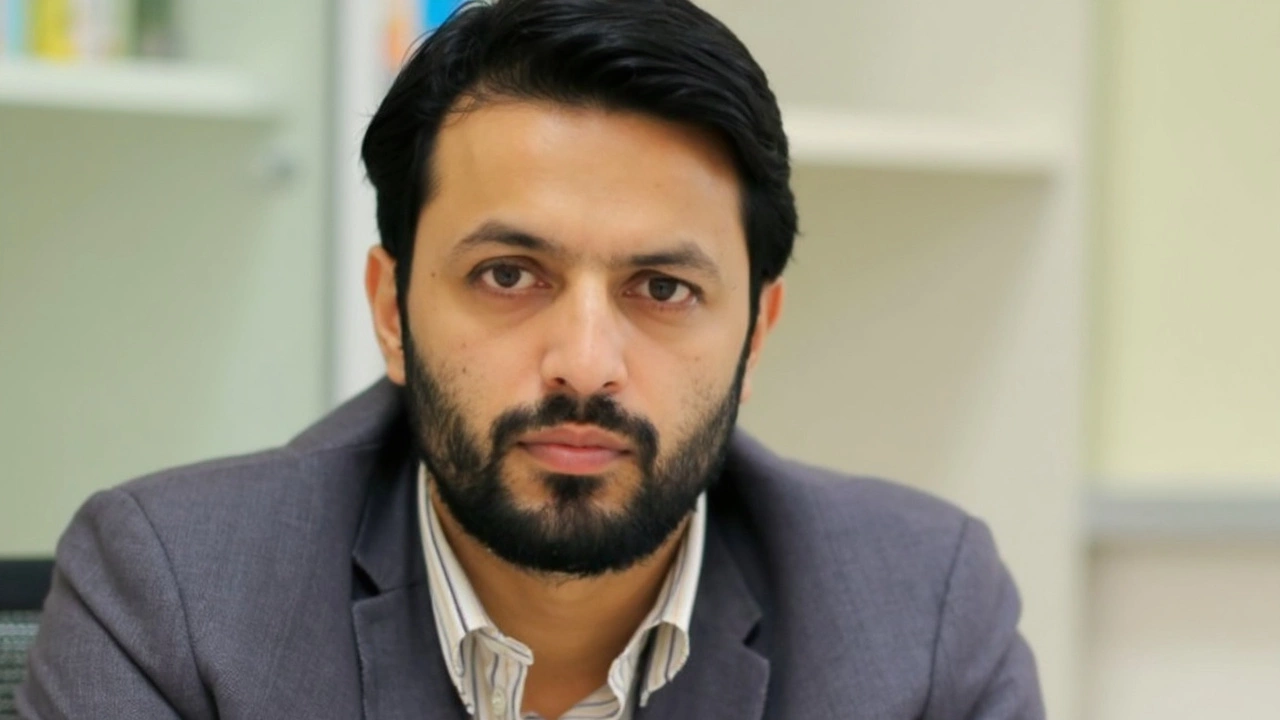Ashoka University – What It Is and Why It Matters
If you’re scrolling through college options in India, you’ve probably seen Ashoka University pop up a lot. It’s a private liberal‑arts college that mixes big‑picture thinking with solid career skills. Instead of forcing you into a narrow engineering track, Ashoka lets you explore philosophy, economics, science, and the arts before you lock in a major. That flexibility is why many students and parents talk about it.
Located on a sprawling campus near Delhi, Ashoka combines a residential vibe with a world‑class faculty. Professors often have PhDs from top universities abroad, and they bring that global perspective into the classroom. The small‑class size means you’re not just a face in a lecture hall; you get to ask questions, debate, and build relationships that last.
Why Choose Ashoka University?
First off, the liberal‑arts model helps you develop critical thinking. You’ll learn how to read a research paper, argue a point, and solve real‑world problems. Those skills translate well into jobs in consulting, finance, media, or start‑ups. Second, the college offers a strong internship network. Companies like McKinsey, Goldman Sachs, and major tech firms regularly recruit on campus, and the career services team helps you prep for interviews.
Third, Ashoka’s campus life is vibrant. There are clubs for everything from robotics to theatre, and the student‑run events keep the schedule packed. The residential halls foster a close‑knit community where you can study together, play badminton, or just chat over coffee. If you enjoy a balanced college experience—academics plus fun—Ashoka checks those boxes.
Latest Happenings at Ashoka University
Keeping up with the news is easy because Ashoka often publishes updates about research breakthroughs, guest lectures, and cultural festivals. Recently, the university hosted a symposium on climate policy that featured experts from the UN and Indian ministries. The event sparked collaborations across departments, leading to a student‑led project that’s now being piloted in a nearby village.
On the admissions front, the next round of applications opens in early December. The university looks for students with strong academic records, but also values extracurricular leadership and a clear sense of purpose. If you’re worried about test scores, remember that Ashoka considers the whole profile—essays, recommendation letters, and personal interviews matter a lot.
Financial aid is another big draw. Ashoka offers need‑based scholarships that can cover up to 100% of tuition. The process is transparent: you fill out a standard form, submit income documents, and the committee evaluates your eligibility. Many students graduate without any debt thanks to these supports.
Finally, the alumni network is growing fast. Graduates are now working at top firms, NGOs, and even founding their own start‑ups. The university runs regular alumni meet‑ups, which double as networking events for current students. Tapping into that network can open doors you didn’t even know existed.
All in all, Ashoka University offers a blend of academic rigor, career preparation, and a lively campus culture. Whether you’re eyeing a career in research, business, or the arts, the college gives you the tools to get there. If you’re still on the fence, check out campus tours, talk to current students, and read up on recent projects. The more you explore, the clearer your decision will become.
Ashoka Professor Ali Khan Mahmudabad’s Arrest Throws Academic Freedom Into Spotlight
The arrest of Ashoka University’s Professor Ali Khan Mahmudabad over his social media posts has set off a national debate on academic freedom in India. Human rights organizations and scholars have condemned the move, while the Supreme Court granted him interim bail under tight restrictions. The incident puts a harsh spotlight on the balance between free expression, legal boundaries, and institutional responsibility.





